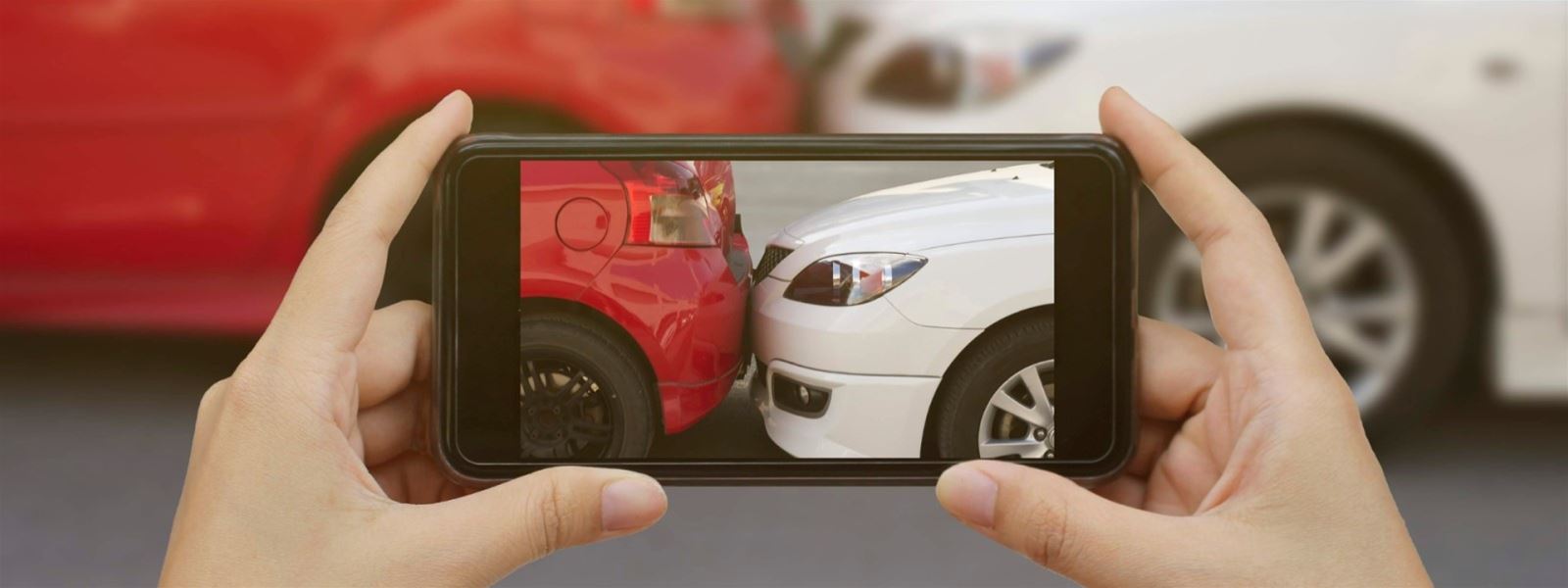 ≡
≡

Collision insurance is a vital component of auto insurance that helps protect you financially in the event of a car accident. It covers the cost of repairs or replacement if your vehicle is damaged due to a collision. However, it is essential to recognize that this insurance has limitations and doesn’t cover all types of damages and incidents.
Today, we’ll discuss what collision insurance doesn’t cover for many policyholders. We’ll shed light on when additional coverage or alternative auto insurance policies may be necessary to ensure widespread protection.
While this insurance covers many vehicular damages caused by collisions, it typically doesn’t provide coverage for non-collision incidents. This includes damage resulting from natural disasters such as floods, earthquakes, hurricanes, or storms. Additionally, damages from fire, theft, vandalism, or falling objects aren't usually covered under collision insurance. For comprehensive protection against these perils, it is crucial to purchase comprehensive insurance coverage as well.
Collision insurance primarily focuses on vehicle damage and does not typically extend coverage to medical expenses or personal injuries resulting from an accident. For medical expenses, it is essential to have personal injury protection (PIP) or medical payments coverage as part of your auto insurance policy. This coverage helps reimburse medical bills, hospital stays, rehabilitation, and other related expenses for you and your passengers, regardless of fault.
If you're in a collision with an uninsured driver, collision insurance alone may not cover the damages. In such cases, having uninsured/underinsured motorist coverage is crucial. This coverage helps protect you financially if you are injured by a driver who lacks insurance or has insufficient coverage.
Collision insurance typically covers the original equipment and factory-installed components of your vehicle. It may not provide coverage for aftermarket customizations, upgrades, or modifications.
Commonly overlooked additions include high-end audio systems, custom paintwork, or specialized equipment. You may need additional coverage options like customized parts and equipment coverage to protect them.
Collision insurance covers damages from collisions with other vehicles or objects. However, it typically doesn't provide coverage for regular wear and tear or mechanical breakdowns. Over time, vehicles naturally experience wear and tear due to regular usage and age-related factors. Similarly, mechanical breakdowns can occur because of mechanical failures or malfunctions unrelated to a collision.
To address mechanical issues, consider additional coverage options such as mechanical breakdown insurance (MBI) or extended warranty plans. These types of coverage can help protect you from unexpected repair costs associated with non-collision-related damages or mechanical failures.
One aspect that collision insurance generally does not cover is rental car expenses. If your vehicle requires repairs after an accident, you may need to rent a car. To address this gap, consider rental car coverage as an additional option. It helps cover the expenses of renting a temporary replacement vehicle following a covered accident.
While collision insurance is crucial for covering damages from collisions, it is essential to recognize its limitations. To ensure comprehensive protection for your vehicle and yourself, consider additional coverage options such as comprehensive insurance, personal injury protection (PIP), uninsured/underinsured motorist coverage, and specialized coverage for customizations or upgrades.
By fine-tuning your auto insurance, you can have peace of mind knowing you're protected on the road. Contact our advisors today to see how you can improve your coverage, protecting you and your family. With over fifty years of experience, we’re proud to have protected our fellow Nebraskans and their financial future!
